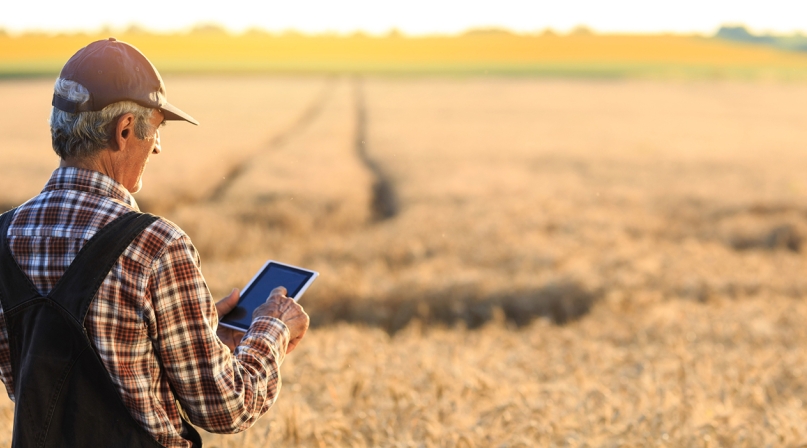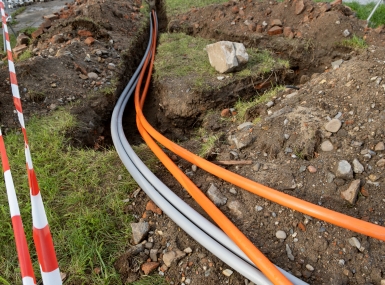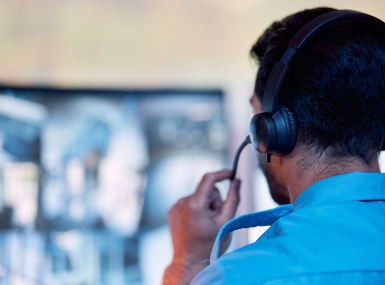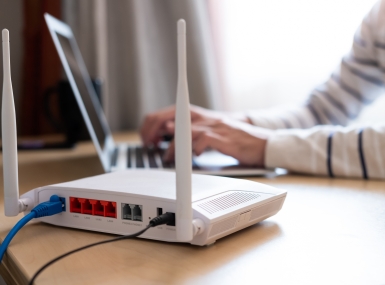FCC ‘reverse auction’ aims to expand rural broadband access

Help might be on the way for the 23 million rural Americans without broadband
In parts of rural Jackson County, West Virginia, located just north of Charleston, about one-third of the county is without cellphone and internet service. Commissioner Dick Waybright said recently that he fields “a lot of questions about it.” Areas without coverage are scattered in three to four spots around the county.
Learn More
Connect America Fund Phase II Auction or email RBATF@fcc.gov.
“We can remain the status quo and continue to watch West Virginia fall further behind other states or provide a middle-mile solution of high-speed internet infrastructure and create jobs,” he said at the Appalachian Ohio-West Virginia Connectivity Summit.
Help might be on the way for Jackson County and the other 23 million rural Americans without broadband. The Federal Communications Commission (FCC) recently announced it will allocate nearly $2 billion in funds over the next decade via a reverse auction that will allow service providers — including rural co-ops, fixed wireless providers and satellite providers — to bid on establishing a broadband connection, which the FCC would help fund in unserved areas.
In a reverse auction, instead of buyers raising their bids to win the goods, they underbid each other in subsequent rounds to come in with the lowest bid.
The FCC took the next step in August, when agency Chairman Ajit Pai announced details of the “Connect America Fund Phase II” auction. Formerly known as the Universal Service Fund, the system of telecommunications subsidies and fees managed by the FCC is intended to promote universal access to telecommunications services across the country.
As far as getting any help through the FCC’s reverse auction to places like Jackson County, West Virginia? “We’re optimistic. The proof is in the pudding,” Waybright said. The county itself put up a tower for its emergency services network. Waybright said he’s hoping that a company might be able to use the tower to expand cell service.
While generally applauding the FCC’s auction plans, the Arlington, Virginia-based NTCA-Rural Broadband Association’s CEO, Shirley Bloomfield, said that the Connect America Fund II Auction “does not address a larger funding problem that is negatively affecting consumers and businesses in many other rural areas.”
“Damaging budget cuts to Universal Service funding in areas served by smaller, independent carriers are putting the sustainability of existing infrastructure at risk and deterring new broadband investments,” she said. “So, while the CAF II [reverse] auction is a welcome step in some rural areas, without sufficient funding, rural consumers in many other areas now face the prospect of higher rates or reduced access to broadband due to arbitrary budget cuts.”
Steve Traylor, executive director of the National Association of Telecommunications Officers and Advisors, said the amount the FCC is allocating for the reverse auction, $198 million a year, is “a drop in the bucket” when it comes to building out broadband into rural areas.
One possible scenario, according to Traylor: Companies already offering landline phone service to rural areas could bid in the auction to add broadband to their suite of services.
Ahead of the auction, set to take place next year, FCC officials said they have made an effort to get out and speak with counties about the lack of broadband in rural areas. FCC Chairman Pai took a 1,672-mile road trip from Milwaukee, Wisconsin to Casper, Wyoming, speaking with groups at 18 stops across five states.
FCC Commissioner Mignon L. Clyburn also spoke with local groups. “As part of the Appalachian Ohio-West Virginia Connectivity Summit, I heard from Melissa O’Brien, president of the Roane County Commission,” Clyburn said. “She told me that approximately 80 percent of that county’s rural citizens do not have access to broadband at home. But what she went on to say was the clincher: ‘Access to high-speed internet needs to be as much a part of a community’s infrastructure as passable roads, clean water and adequate electric services.’”
Meanwhile in the Senate, bipartisan legislation was introduced in August that aims to improve wireless networks in underserved rural areas. Sens. Cory Gardner (R-Colo.) and Maggie Hassan (D-N.H.), recently introduced the Advancing Innovation and Reinvigorating Widespread Access to Viable Electromagnetic Spectrum (AIRWAVES) Act, which is designed, they said, to encourage the federal government to continue to free up spectrum for commercial licensed and unlicensed use, and leverage the success of spectrum auctions to help close the urban-rural divide.
Attachments
Related News

Bureau of Land Management updates regulations for broadband infrastructure development on federal public lands
The BLM published a final rule to update regulations for developing and operating broadband infrastructure on public lands.

FCC takes critical steps to improve the 988 National Suicide Lifeline
On March 21, bipartisan congressional leaders and FCC Chairwoman Jessica Rosenworcel announced steps to improve the 988 National Suicide Lifeline. This announcement marks major progress on the nation’s crisis response, a priority for counties and a key policy pillar of the NACo Commission on Mental Health and Wellbeing.

